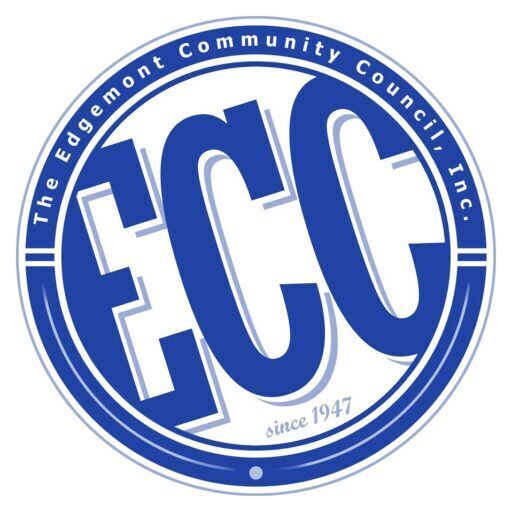 The Greenburgh Town Board tonight failed to introduce landmark legislation proposed by the Edgemont Community Council that would outlaw illicit massage parlors operating as houses of prostitution in unincorporated Greenburgh.
The Greenburgh Town Board tonight failed to introduce landmark legislation proposed by the Edgemont Community Council that would outlaw illicit massage parlors operating as houses of prostitution in unincorporated Greenburgh.
The ten-page proposal would have required the Town’s current and future massage establishments to apply for a license from the Town Clerk and then obtain a special permit from the Town Board. Prior to issuing such licenses, the Town Clerk would have to get a favorable report from the Police Department, the Building Inspector and the Fire Marshall, and if any one of them objected, no license would be issued.
The ECC’s legislation was drafted after Police Chief Chris McNerney told the ECC in October 2014 that Edgemont had become the illicit massage parlor capital of Westchester County — and ECC directors objected to a hastily conceived measure in November from Town Supervisor Paul Feiner that would have imposed a 120-day moratorium on the issuance of massage parlors permits when the Town itself does not issue any such permits.
A recent Internet search showed at least six massage parlors in Edgemont listed as offering “adult massages.” All were located along a narrow swath of Central Avenue and, because of a lack of regulation by the Town, the number of such establishments appears to have doubled from what it was a few years ago.
Mr. Feiner, who had promised last week to introduce the ECC’s measure, backed off yesterday when Town Clerk Judith Beville objected to being given any responsibility for issuing licenses to massage establishments covered by the law. The proposed authorization to issue such licenses was word for word identical to language in a 1977 Greenburgh law giving the town clerk the exact same responsibility for issuing cabaret licenses.
The Town’s cabaret law was passed to combat what was perceived in the late 1970s as the proliferation of organized crime operating Greenburgh’s cabarets and nightclubs.
In addition to Ms. Beville’s objection, Town Attorney Tim Lewis made matters worse by unilaterally modifying ECC’s proposal to require the Town Board instead of the Town Clerk to issue the licenses. He then provided that if anyone is denied a license by the Town Board they would have a right to file an appeal to the Town Board.
According to Bob Bernstein, who drafted the ECC’s legislation, Mr. Lewis’s changes made the proposal illegal and unenforceable. Mr. Bernstein also objected to the Town posting the proposed law, as modified by Mr. Lewis, on the Town website under Mr. Bernstein’s name because such action conveyed the false and misleading impression to the public that Mr. Bernstein had approved the changes when in fact he was never told about them.
Mr. Bernstein tried repeatedly to get Mr. Feiner to introduce the measure as originally proposed by the ECC, but Mr. Feiner refused, saying he did not want Ms. Beville to have any “discretion” when it comes to issuing the licenses, even if she already had such “discretion” under the Town’s cabaret law.
Mr. Bernstein then went further and offered to modify the original draft to eliminate any “discretion” on the part of the Town Clerk — but only if Mr. Feiner would agree to introduce the measure tonight, so that the public hearing could be scheduled. However, Ms. Beville continued to object and other town board members said they wanted more time to review the proposal before they would allow it to be introduced.
Town board members, including Mr. Feiner, had received the proposal on January 7, but as of tonight’s public town board meeting , it appeared none of them had read it.
And Mr. Lewis, the town attorney, objected to introduction of the law tonight because he said he wanted time to explain to town board members in executive session why he thinks it would be illegal in any event for the Town to pass any laws outlawing massage parlors operating as brothels.
Other towns and villages in New York have passed such laws and none has ever been challenged. The ECC’s law was modeled on one adopted in 1996 by the Town of Clarkstown in Rockland County and on one adopted in 2013 by the Village of Farmingdale on Long Island.
Consequently, no measure was introduced tonight and a last-minute draft resolution to authorize a public hearing on the proposal for February 11, 2014 was withdrawn.
Town officials said they might take up the measure again at its work session next Tuesday, but there is no assurance that they will do so.
Past efforts by the ECC to get the Town to adopt legislation that the ECC has drafted have gone nowhere, either because no one seconded the measure when it was introduced or if it was seconded, the town board simply chose not to take it up.
The proposed law would exempt medical offices, private membership gyms, personal training facilities and certain other businesses that offer massage therapy. As originally drafted, the intent was to give the Town the legal tools to shut down all massage parlors operating illicitly as houses of prostitution, while preserving the right and reputation of legitimate massage establishments like Tranquility Spa and others to operate without fear of being lumped together with those that operate illicitly.

